There is an updated version of this article that we published on LinkedIn in March 2016
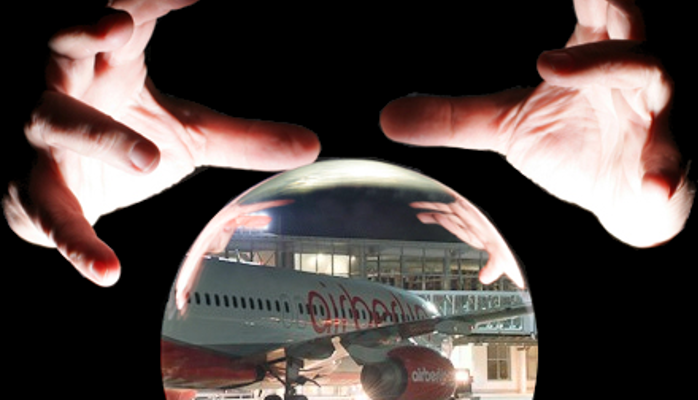
Two bad news hit the media this week. Ryanair removes flights from Budapest and Memmingen looses the scheduled services to Hamburg and Berlin. As Michael O’Leary (the Ryanair boss) had already announced that Ryanair will ground aircraft in winter (last year they grounded 80), this seems to be rather strategic and O’Leary’s argument it would be because of high airport charges may be just a smoke-ball, decepting the media. Memmingen on the other hand…
It gives me reason to highlight and explain a bit of the Crystal Ball used in airline route planning. It starts with an idea. Who brings the idea up is irrelevant, except it may be a good idea to do a bit additional research, if your boss does.
Having the idea, question is: Is it feasible? So as a route manager, you’ll talk to the airport, you check MIDT-statistics about flown passengers on the route or routes from neighboring (=competitive) airports, you check “facts”, such as official statistics on commercial relations between the two regions, attractiveness to potential tourists or “VFR”-traffic: Visiting Friends and Relatives. Statistical data…
The MIDT-data is by nature incomplete. Often it does not include direct sales with the airline, Internet sales, etc.. Even if it does, it is based on historic data that relies on facts that are meanwhile outdated. Have the commercial relations strengthened? Did they suffer from bad connection and have faded away? How much were, are and will the travelers be willing to pay for the ticket? If the flight failed, why … hard facts preferred, not guesswork or interpretations by the airports involved.
There is something called “catchment area”, based usually on isochrones, frequently a wild guesswork by the airport itself, more wishful thinking than reality. While working with Yulia on the basics of the CheckIn.com-isochrones, I found in all cases we checked discrepancy larger than 10% different from the airport’s own figures. And in all but one case, the “catchment area” did not cover at all that there are other airports competing with the traveler! An example: If you live in Minden, Germany you are about equally distanced to four airports: Hanover, Paderborn, Münster/Osnabrück and Bremen. For the CheckIn.com-isochrones, we took into account the size of the airport – number of passengers, as the more passengers, the more likely that people choose the larger airport. The distance – the closer it gets by driving time, the better. And other factors we considered relevant or only partially available – like flights to the destination and the weekly frequency and seats (the higher the more “competitive). But quite some more! From that, the system now calculates “fully automatic” the isochrones. And the results are devastating! Even on a “global” airport scale.
The smallest discrepancy of the catchment given by the airport of how many potential travelers would use the airport to the catchment we calculated was 50%. The high ones +90%. That is just basic statistics.
On top of it, you have the questions we did not take into consideration when we worked on the isochrones. Like VFR, like commercial relations, like tourism interest, like … And you better know, where you got it from, how likely it is to be overly optimistic or (sometimes, rarely) pessimistic…
Having that information, you start fine-tuning. You likely have several possibilities, depending on the passenger potential. Take a bigger airplane with more (cheaper) seats and lower frequency. Or take a smaller one with higher frequency, what the business traveler’s will like, but the seat being more expensive. OECD gave some figures for a rough calculation I found quite reasonable for a first idea: An Airbus A320 or Boeing 737 with 150-180 seats costs about 8c (Eurocent) per seat-kilometer (not mile). Use this form to multiply that with the distance for yourself. That is the “net cost”, so add the (increasing) taxes and surcharges onto that cost to come up with an idea about the ticket price you need as an average for flying break-even…
A route planner takes into account much more accuracy, such as real cost of operations, variables depending on aircraft and total hours of weekly/monthly operation. But for a start…
Now comes the next tricky step: How many seats can you likely sell from A to B at this average price, and how many might connect to C but use your flight from A to B? Do you have interline or codeshare agreements at the destination? What air fare do you get? Do you operate the long-haul-sector as well? The cost there likely is cheaper as the aircraft is bigger. But you got to have an idea on connecting services – a science of its own…
So now, at the end of that exercise, you can calculate your risk – how many passengers are you sure about using the offered flights? If you are unsure, your risk is 100%. If you have 50% guaranteed load, you risk less. You also get support from the airports usually, either financial, or “marketing support”. Compared to your operational risk, these are “peanuts”. And in the beginning, you run high risk, so it is wise to not calculate that on your predictive models – if you can’t succeed without, you likely loose.
But then comes the key-point, most airports today fail to have an answer for. Having finally calculated the risk, who takes it? In most cases the airline, virtually alone! Under such circumstances, why should an airline risk a new route with questionable return of investment? In charter flights, the tour operators (sometimes) take the risk, also mostly on their own. Lately, unused seats on some business charter flights, operated by large corporations are being made available to the public, either via Internet or GDS (travel industry flight booking systems).
And if that works well, from such a “business charter” a “scheduled service” with a higher frequency can evolve. But in most cases, the airline is left alone. Any question, why they limit their risk, by pulling the plug when the losses pile up beyond their worse case scenarios?
With eroding net profits, eaten by kerosene, excessive flight crew salaries, taxes and fees, the ability to build a new route in two to three years is very limited. If the route does not take off immediately with a reasonable load factor, the losses pile up so fast, the airline risks extinction if it does not keep a tight control on it.
That’s a short summary into the “science” of airline route planning. If you are an airport who seeks a new route, better do your part of the homework. Can you convince your local “catchment area” population to support the flight, even if the schedule and fares in the beginning may feel higher than from one of the competitive big airports in reach? Will your travel agents sell your flights with fervor – I’ve seen travel agencies at airports offering flights from Frankfurt, Munich, Düsseldorf, but not from the regional airport they were living at! Do you have a grip on the local VFR market? And most important: Can you get commitments from your corporates, business associations (chambers of commerce) or politicians about guarantees on how many seats they could fill? If you are a touristic region: Can your tourism managers qualify, how many people they will have flying on the route? It is fantastic to see, how ingenuous most of the tourist boards are about such basic facts: “Fly and we’ll see”. Flown for a decade, not seen…
Okay. As I’ve put it in the past (as a German saying goes): I take a big long stick and grope in the dark. It requires expertise, experience and good guesswork to do something with all that information you get. Good luck is part of the business.
To summarize planning of new routes:
- The quality of figures available, as well as my trust in them.
- The cost of operations
- From those: A more or less realistic load factor expectation.
- Who takes the risk?
The first two factors are subject to an educated guess…
And what about Memmingen and Budapest? Memmingen likely has to do above homework now, there obviously was a discrepancy between expectation and reality. And Budapest? I honestly believe Ryanair simply cuts aircraft there for winter – they may want to talk to others if the routes justify a year-round traffic! That may convince Ryanair to consider the next winter. Or do the above homework as well to match expectations and wishful dreaming with the harshness of reality.
Food for Thought
comments welcome

![“Our Heads Are Round so our Thoughts Can Change Direction” [Francis Picabia]](https://foodforthought.barthel.eu/wp-content/uploads/2021/10/Picabia-Francis-Round-Heads.jpg)


 Many years ago, there was a question about the difference of a Tourist to a Terrorist. With tourists, there are no bombs involved, but the results are even more devastating… Yes, this is exaggerating. But thousands of divers ruin the coral reefs around the world. Thousands of tourists skiing the alps (or Rocky Mountains) have a devastating effect to that natural preserve. Aircraft exhausts are in high altitude, having a worse effect than ground time. But even back in 2007/08, when I was involved in the
Many years ago, there was a question about the difference of a Tourist to a Terrorist. With tourists, there are no bombs involved, but the results are even more devastating… Yes, this is exaggerating. But thousands of divers ruin the coral reefs around the world. Thousands of tourists skiing the alps (or Rocky Mountains) have a devastating effect to that natural preserve. Aircraft exhausts are in high altitude, having a worse effect than ground time. But even back in 2007/08, when I was involved in the  Name this country
Name this country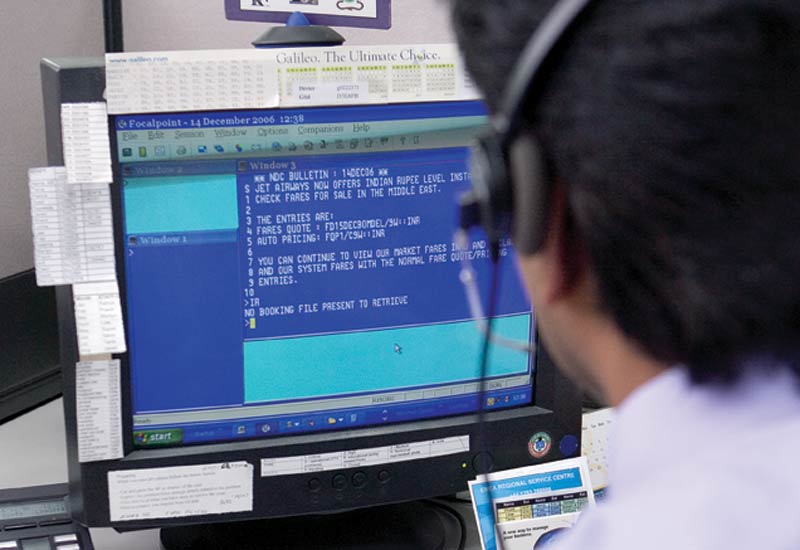 Is that “you”?
Is that “you”?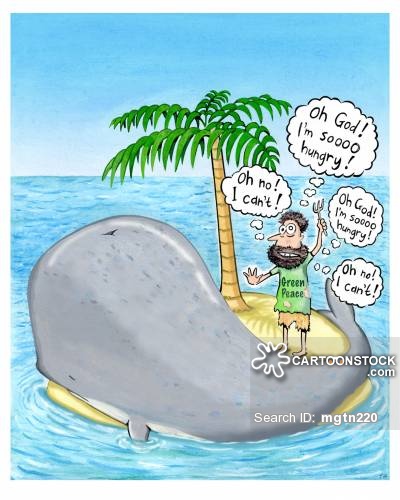


 The communication is more personal – I believe social networks are not “all business”, but it is about friends. Friends in different stages. I wrote a story once on a blog I meanwhile disabled about the Greek definitions of “love”, ranging from Eros (sexual) and Philia (“platonic”, loving friendship), to Agape (religious) and possibly the most important here: Xenia (hospitality).
The communication is more personal – I believe social networks are not “all business”, but it is about friends. Friends in different stages. I wrote a story once on a blog I meanwhile disabled about the Greek definitions of “love”, ranging from Eros (sexual) and Philia (“platonic”, loving friendship), to Agape (religious) and possibly the most important here: Xenia (hospitality). And I love Skype, as it does allow to see each other.And yes, Skype is also “social networking”. As Social Networks are not limited to “online portals”, but are about people I know! In person 😉
And I love Skype, as it does allow to see each other.And yes, Skype is also “social networking”. As Social Networks are not limited to “online portals”, but are about people I know! In person 😉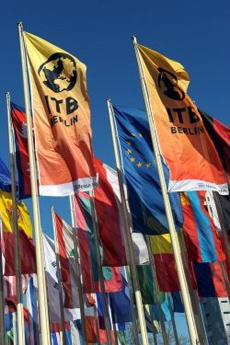 Referring to the air traffic taxes in the U.K., Ireland and Germany, a renowned consultant lately compared tourism politics in the Middle East / Emirates and in Europe. In the Emirates, aviation and tourism are considered economic factors – in Europe a cash cow for the politicians…
Referring to the air traffic taxes in the U.K., Ireland and Germany, a renowned consultant lately compared tourism politics in the Middle East / Emirates and in Europe. In the Emirates, aviation and tourism are considered economic factors – in Europe a cash cow for the politicians…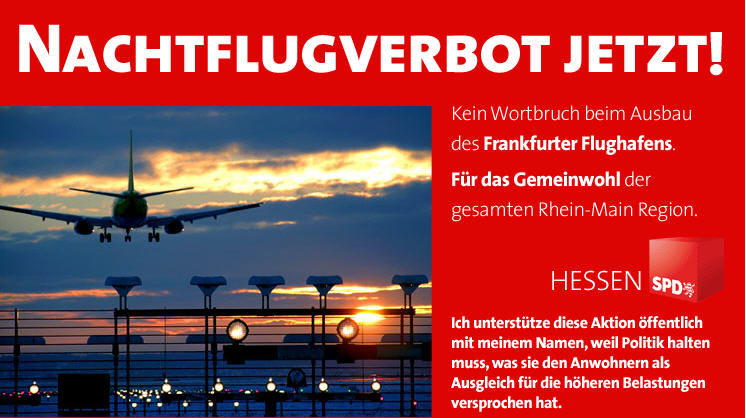
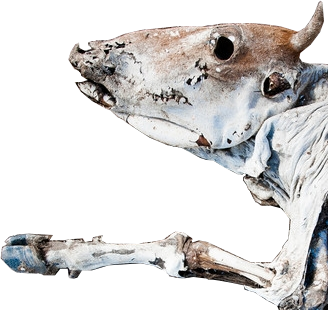 Another topic of the same issue: The European Safety Umbrella (ESFS or whatever new name they give it). Currently Germany guarantees 230 Billion Euro of that one – the country’s household last year was 355 Billion Euro… We better hope that Greece survives. But what I miss to see, is an active political support for the Greek tourism industry. All the experts emphasize Tourism to be the major economic driver and business for Greece, but thanks to the political hick-hack, the Tourism is in recession there! It might be wise to invest some of the money to stabilize (maybe provide guarantees and affordable credits to businesses) to assure Greece tourism companies to survive and even prosper…? But the politicians now focus on Tunisia, Egypt and other areas, neglecting Greece and thus giving the wrong signal.
Another topic of the same issue: The European Safety Umbrella (ESFS or whatever new name they give it). Currently Germany guarantees 230 Billion Euro of that one – the country’s household last year was 355 Billion Euro… We better hope that Greece survives. But what I miss to see, is an active political support for the Greek tourism industry. All the experts emphasize Tourism to be the major economic driver and business for Greece, but thanks to the political hick-hack, the Tourism is in recession there! It might be wise to invest some of the money to stabilize (maybe provide guarantees and affordable credits to businesses) to assure Greece tourism companies to survive and even prosper…? But the politicians now focus on Tunisia, Egypt and other areas, neglecting Greece and thus giving the wrong signal. What “strategy” does the political elite in Germany and Europe have for Tourism as an economic factor? What are the lobbying organisations doing – and why is the tourism industry so weak?
What “strategy” does the political elite in Germany and Europe have for Tourism as an economic factor? What are the lobbying organisations doing – and why is the tourism industry so weak?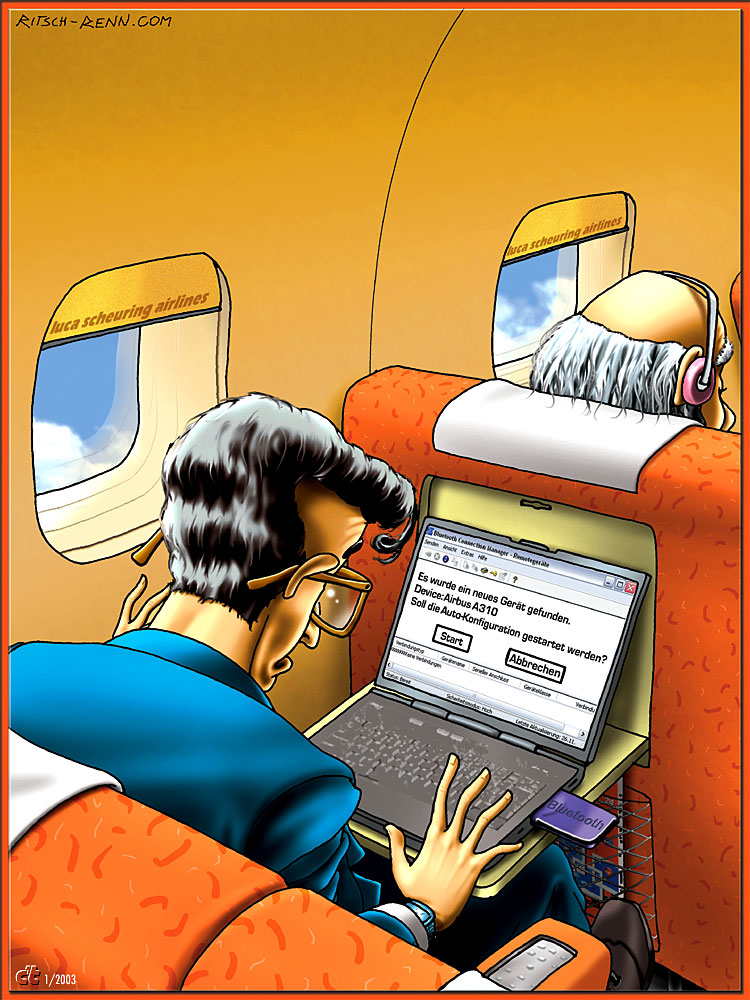


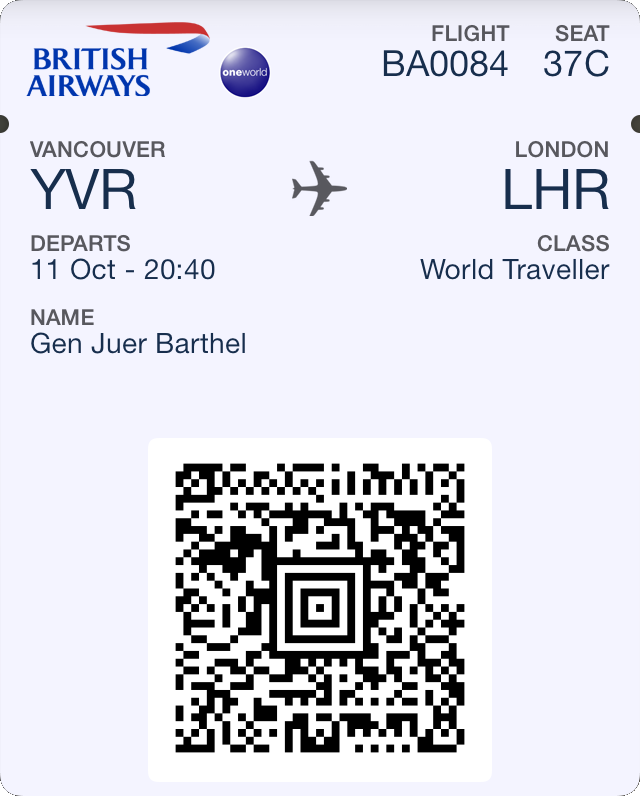
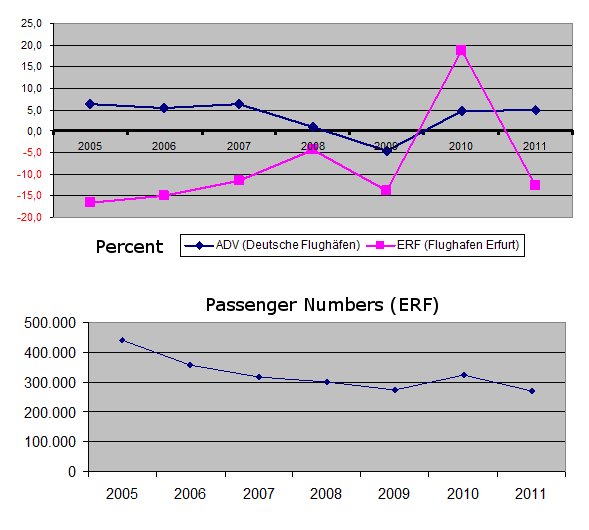 In order to complete my statistics about the passenger development before / during / after I’ve been working at
In order to complete my statistics about the passenger development before / during / after I’ve been working at 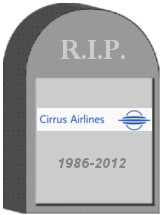
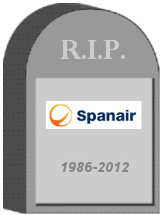 Recently,
Recently, 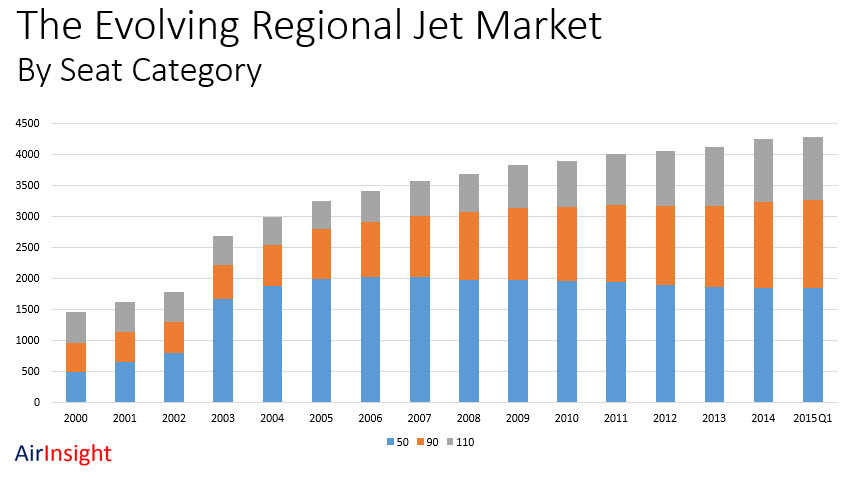
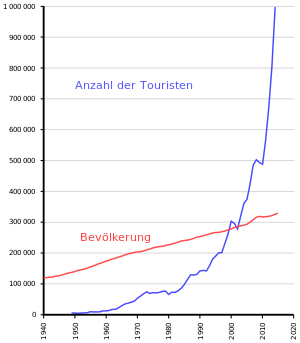 German Tourism Association DTV reports a record year in German Tourism1, German Airport Association ADV reports a passenger record2 – the same news reaches us from all over the world… Crisis? What Crisis?
German Tourism Association DTV reports a record year in German Tourism1, German Airport Association ADV reports a passenger record2 – the same news reaches us from all over the world… Crisis? What Crisis?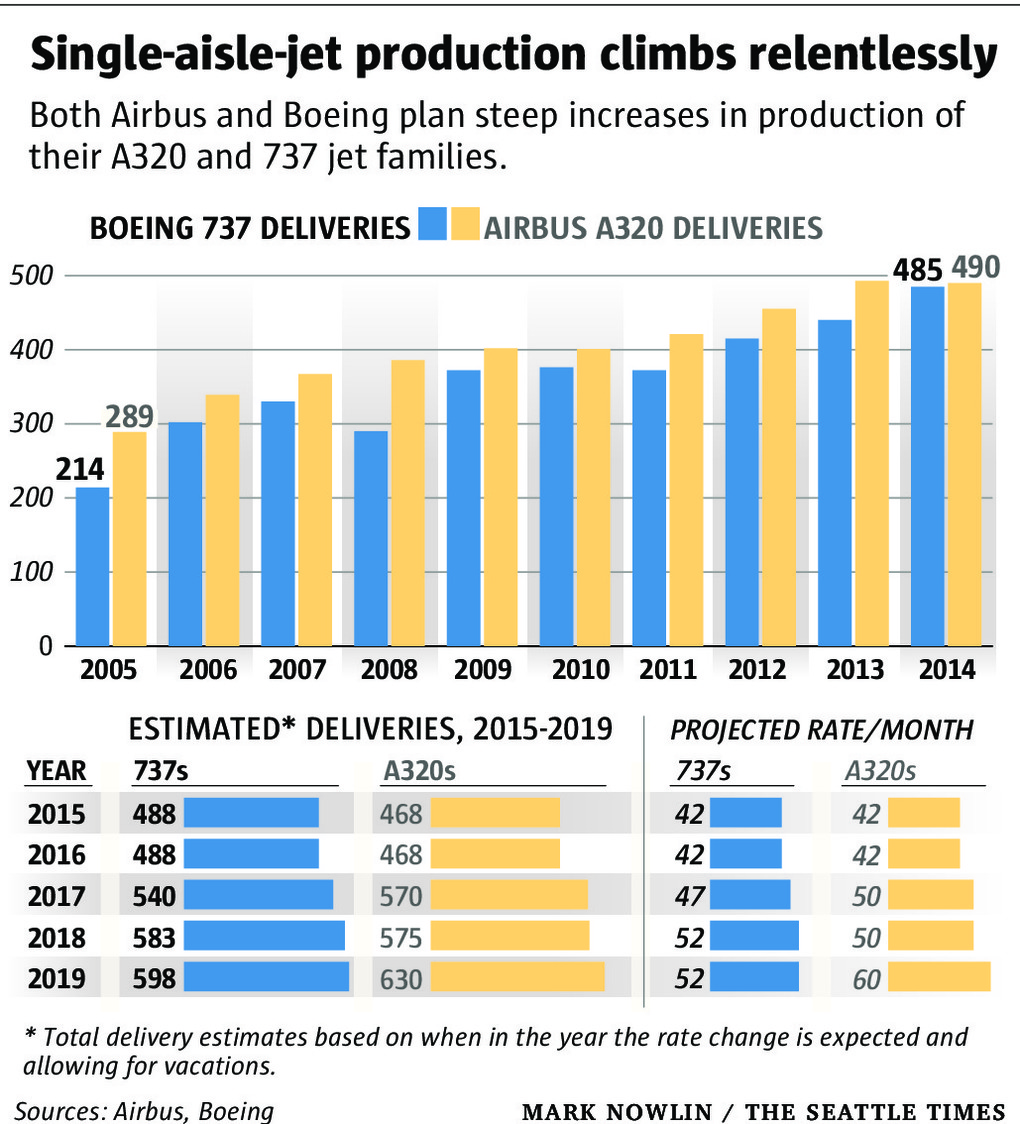 Airbus Industry reports a record order backlog, with the Airbus 320-family (mostly 319+320) being the most demanded aircraft in the world today… Crisis? What Crisis?
Airbus Industry reports a record order backlog, with the Airbus 320-family (mostly 319+320) being the most demanded aircraft in the world today… Crisis? What Crisis?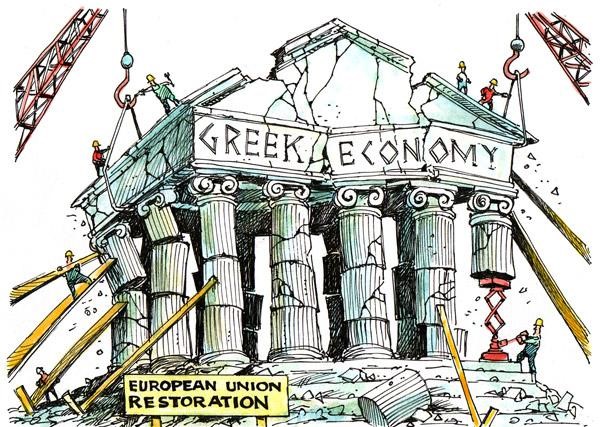 The Greece Prime Minister informed the EU years ago about the inevitable bankruptcy. The politicians avoided that at all cost, their delay tactics gave the banks the opportunity to move all risk from the banks to the tax payers. Thank you Mr. Ackermann, thank you Mrs. Merkel! Thanks to such “politics”, no longer the banks are “challenged”, but the European states are! This is no “sitting it out” of our representatives of state, but I call it criminally corrupt! Crisis? What Chrisis?
The Greece Prime Minister informed the EU years ago about the inevitable bankruptcy. The politicians avoided that at all cost, their delay tactics gave the banks the opportunity to move all risk from the banks to the tax payers. Thank you Mr. Ackermann, thank you Mrs. Merkel! Thanks to such “politics”, no longer the banks are “challenged”, but the European states are! This is no “sitting it out” of our representatives of state, but I call it criminally corrupt! Crisis? What Chrisis?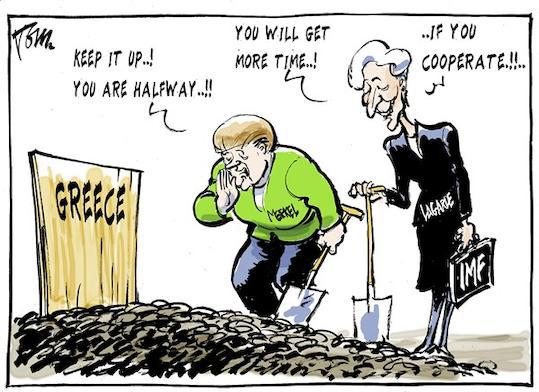
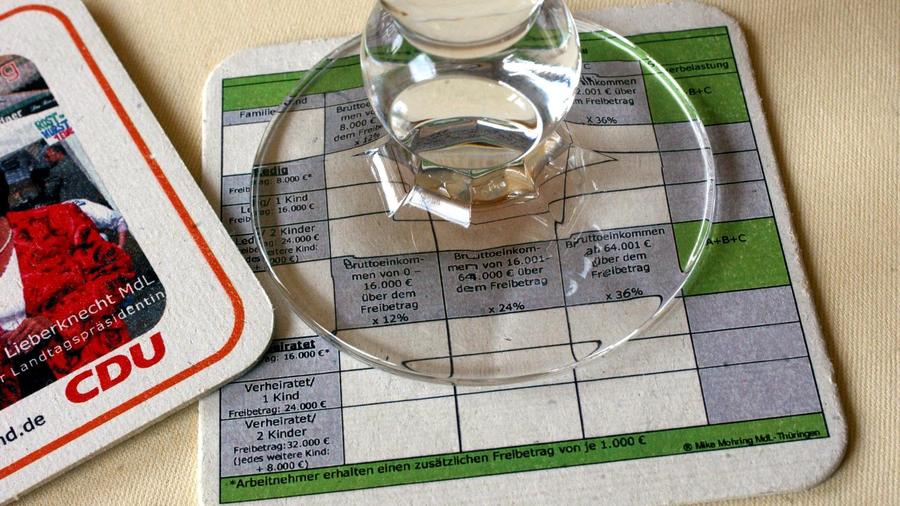 If they would have any “strategy”, they would make the beer-tab-tax-report a reality and safe millions of Euro in tax administrative cost. They would make travel and tourism a strategy. They would seek minimum wages and support future development like solar industry – and not add tax burdens on them. As they would support families, enabling them to combine business and family – and have day care for the children (something I found painfully amiss myself last year!)
If they would have any “strategy”, they would make the beer-tab-tax-report a reality and safe millions of Euro in tax administrative cost. They would make travel and tourism a strategy. They would seek minimum wages and support future development like solar industry – and not add tax burdens on them. As they would support families, enabling them to combine business and family – and have day care for the children (something I found painfully amiss myself last year!)